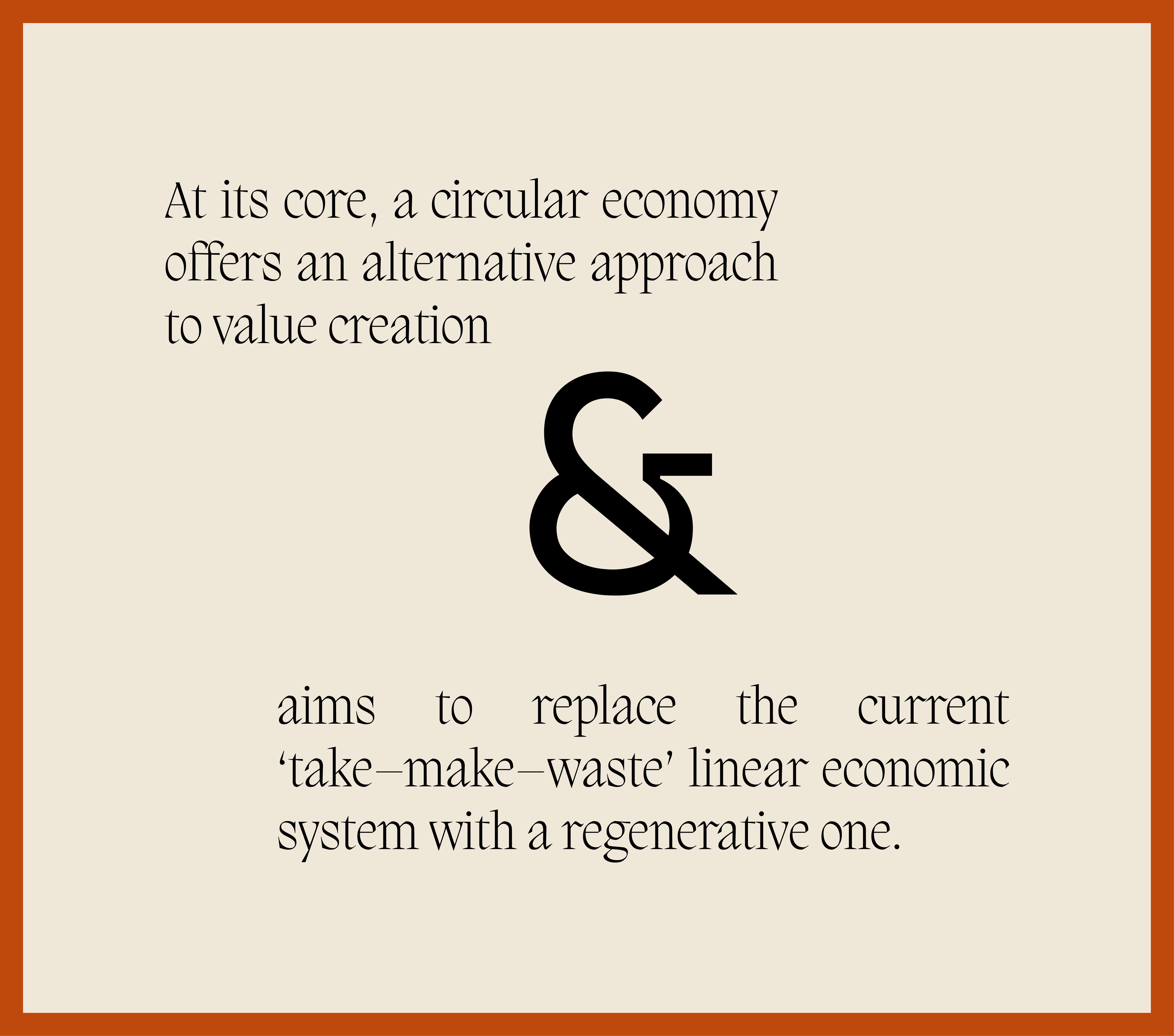What's in Store for Sustainability in 2022?

As we’re entering 2022, we can’t help but wonder what the year will bring. Sustainability as a topic has garnered the attention of many and evolved from niche to mainstream. We have climate-conscious brands and the increasing widespread awareness on climate change to thank for this exposure.
Whilst we are progressing into the decade, we are also getting closer to the United Nations’s Sustainable Development Goals (SDG) and the 2030 Agenda. The Agenda is a plan of action for people, planet and prosperity—all of which are interdependent for a world of peace and harmony. In an ideal world, we aim to maintain balance to change circumstances for the better; but even changing the world takes time and cannot take place overnight.

So, let’s make 2022 a year of greatness. Now, the noise for sustainability is only getting louder. The climate needs us. Climate change has affected all areas of life, from environmental to humanitarian, and at a global scale at that. We need to keep the temperature rise to a maximum of 2°C, and by 2050 most of the world have the goal of becoming carbon neutral. We need to move quickly, because the effect will be crucial.
But what are the central themes that will define sustainability in the new year? Read on to discover some of the themes that will fill 2022.
Circular Thinking
Sustainability is a concept that avoids the depletion of natural resources in order to maintain ecological balance. Circularity is a concept that can partly offer solutions to the existing problem. Circular thinking is implied when talking about circular economy, and is strongly associated with value creation.

When we consider circularity in fashion, synthetic materials such as polyester, acrylic, nylon, spandex and acetate are all derived from virgin raw materials. Virgin raw materials are exactly the opposite of what circularity aims to achieve, because these are made with nonrenewable energy sources such as petroleum. But at the same time, these fabrics are known to be more durable than their naturally sourced, degradable counterparts. So, this raises the question that compares durability and recyclability to see which is more sustainable in the long term.
The closed-loop system means that materials would be endlessly reused and recycled to eliminate waste and pollution, whilst also decreasing textile waste and the exploitation of nonrenewable energy sources. Many innovative brands—including TENCEL™ and PYRATEX®—are discovering solutions that utilise natural resources and produce fabrics in closed-loop systems. The team at 1 People strongly believes that more brands and innovations are on the rise.
Next-gen Materials
Next-gen materials are defined as materials with the latest form in development, which have been innovated to address any shortcomings as observed in existence. An example of next-gen materials in fashion is when talking about fibre technology—these include regenerated nylon yarns, vegan leather from grape marc or pineapple leaf fibres, skin-caring fabrics derived from seaweed fibres, and more.
Next-gen materials are constantly being innovated to provide a more eco-friendly alternative to existing materials. That’s why it is seen as more sustainable and has a lower-impact carbon footprint compared to conventional, synthetic fibres.
The more that these materials are demanded, the more options will soon become produced, and the more affordable it becomes to purchase materials that can degrade back to Earth.
Biodiversity
Purchasing fashion at a rapid pace is indirectly associated with biodiversity loss. Mass production of clothes is one of the contributing factors of climate change due to its association with water pollution, greenhouse gas emission, soil degradation—and not to mention the chemicals and toxins released to the environment.
Our man-made machines and substances have detrimental consequences on nature, because not only are we exploiting them, as we are also not doing a very good job at conserving and preserving our environment and thus biodiversity.
In 2021, we have seen a massive increase in deforestation through man-made and natural causes, with the latter occurring due to wildfires. This year, 2022, we are hoping that more brands and companies are initiating major differences and are considerate of biodiversity in relation to their day-to-day operations.
Diversity & Inclusivity
In order for the industry to sustain its scale of operations, “fashion companies will need to ensure they are acting in the interest of all stakeholders—including customers, employees, contractors, investors and wider society,” states the BoF-McKinsey & Company’s The State of Fashion 2022 report.
This means the usual way of thinking and working cannot be implemented anymore. The fashion industry must address issues of diversity and inclusion and stay innovative in the workplace and their daily operations in order to keep sustainability alive.
Traceable Supply Chains
We cannot talk about sustainability without considering transparency. It all starts with the brand’s values—to see if brands really walk the talk, the transparency they communicate about their production chains would already demonstrate their values. Sustainability is associated with the welfare of the people and planet, after all. This means that transparency is about fair-trade; the certification and standards of the entire process that it takes to produce garments are deemed relevant as well.
“In 2022 we’ll likely see brands put greater focus on obtaining full traceability of their supply chains to understand the environmental and social impact of their business practices and products, allowing brands to identify risks and challenges and build better relationships with suppliers and customers,” states Brittany Sierra of The Sustainable Fashion Forum.
Honest Marketing
Consumers are often sceptical about the marketing efforts of sustainable brands. Greenwashing is the term that describes this, which refers to disinformation conveyed by an organisation as if to present an environmentally responsible public image. Going forward, there needs to be trust in a brand in order for sustainability to be valued and have considerable effects on the people and planet.
The ‘honest not perfect’ route to marketing will fare better in years to come. Consumer trust needs to be reclaimed especially now that consumer scepticism is high. Some might call it ‘radical transparency’ or purely ‘brutal honesty’—couple that with genuine work on the sustainability front, then consumers should come flocking by.
Much Love,
1 People












